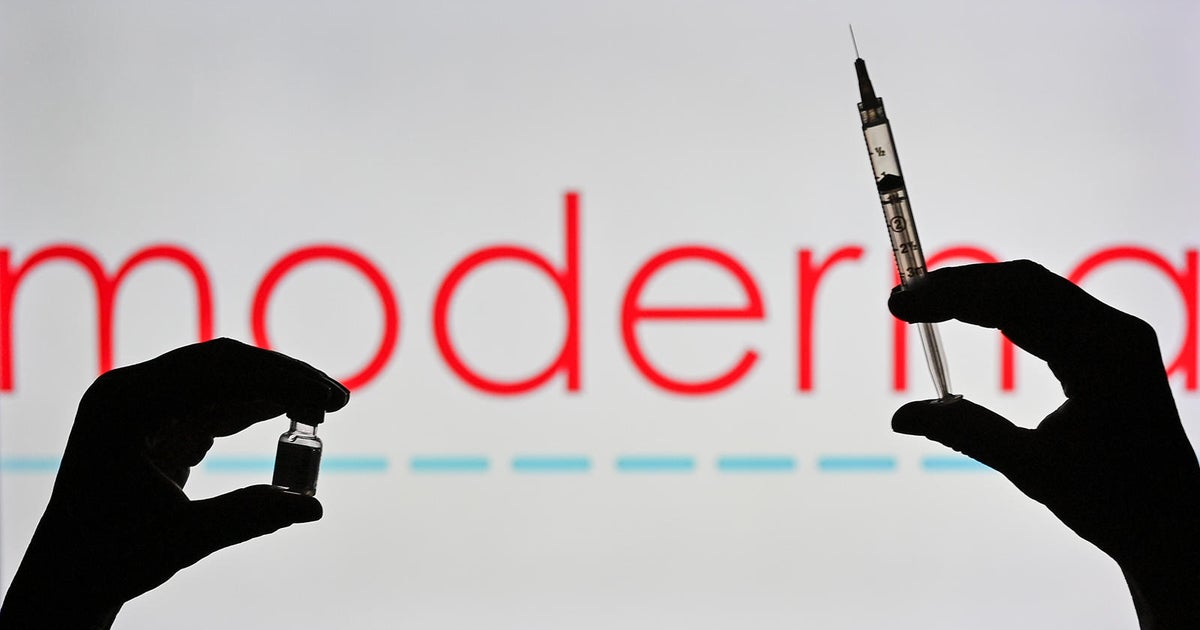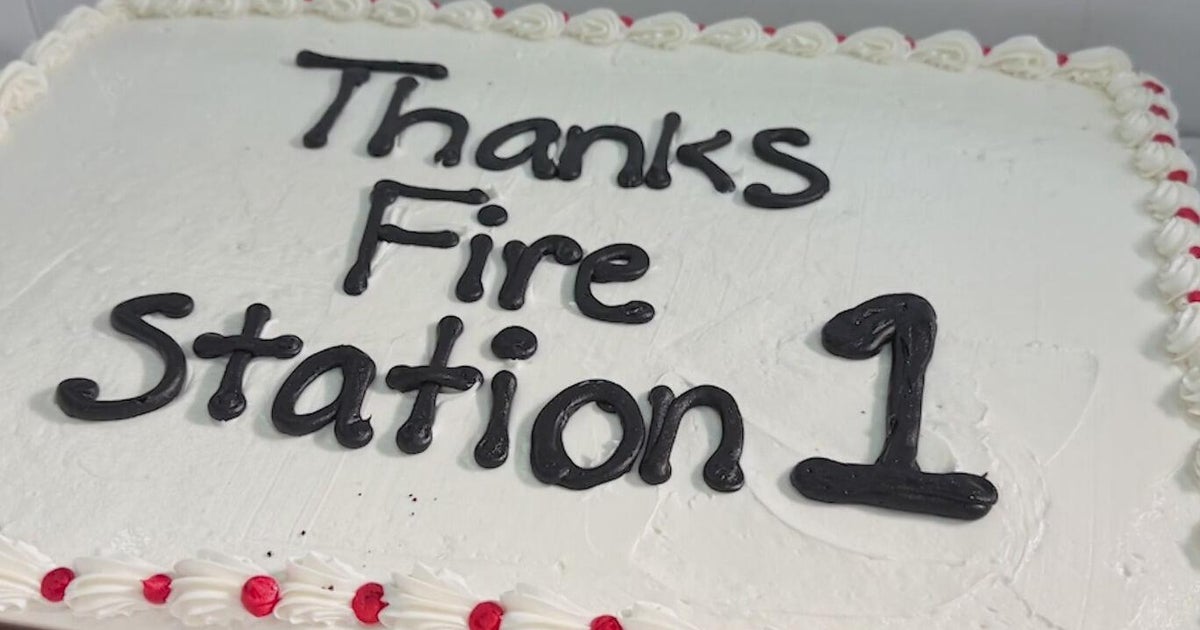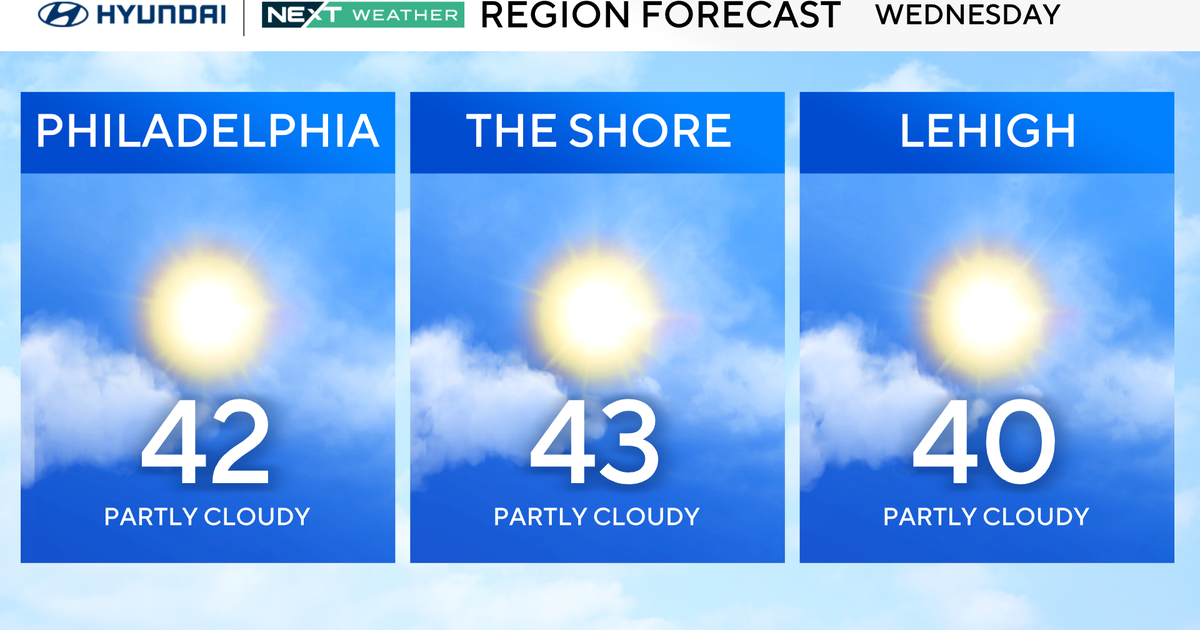The icy challenge ahead for COVID-19 vaccine distributors: "We don't have all the answers"
Pfizer on Friday said it will apply to the FDA for emergency use authorization for its coronavirus vaccine. The drug giant hopes to produce up to 50 million doses this year, with about half going to the U.S.
Moderna will also apply soon for the same emergency use authorization and expects to deliver about 20 million doses in the U.S. by the end of the year. The companies are trying to figure out the best way to keep the product safe and effective, but it's an icy challenge.
At Acme Dry Ice in Cambridge, Massachusetts, owner Marc Savenor and his team are working around the clock to provide dry ice to vaccine manufacturers.
"I never thought I'd be saving lives. But it feels really good," Savenor told "CBS This Morning Saturday" co-host Dana Jacobson.
Colder than Antarctica in winter, dry ice is critical to transporting and storing the coronavirus vaccines.
"The demand is definitely higher right now for the vaccine makers because as fast as they're making the vaccine, they're shipping it out," Savenor said.
Dry ice is made from carbon dioxide, a by-product of ethanol production. With Americans driving less in the wake of the pandemic, ethanol plants shut down, resulting in a shortage of carbon dioxide over the summer.
"Without CO2, it's like being a McDonald's without hamburgers," Savenor said. "Right now, we happen to have a great supply chain of CO2. You know, it's always scary to see what the demand is going to be with the vaccine."
With the help of dry ice, vaccines will be shipped from manufacturing facilities to freezer farms like Pfizer's in Kalamazoo, Michigan and then to vaccination sites across the country. The biggest challenge for distribution is "doing so much in parallel," said Tanya Alcorn, vice president of Pfizer's BioPharma Global Supply Chain. "We don't have all the answers."
Pfizer's vaccine needs to be kept at about 94 degrees below zero Fahrenheit. So, it developed a "thermal shipper" to transport and store its vaccine at sub-arctic temperatures.
"So the cool box — at least we think it's cool — it's a shipper box about the size of, like, a carry-on suitcase," Alcorn said. "And then there's dry ice that goes around it. And then it has actually a device within it that has a continuous GPS and temperature monitor. So we will be able to have continuous eyes on every shipper."
Each "cool box" contains a minimum of about 1,000 vaccine doses.
But, "that's a problem," according to Tim Size, the executive director of the Rural Wisconsin Health Cooperative, which represents 43 rural hospitals across the state.
"If you can ship 1,000, you can ship 200. It's more expensive. It's more cumbersome," Size said.
The nearly 1,000 minimum dose requirement is a challenge for rural areas. It means rural health care workers may have to travel to big cities to receive the vaccine, all while tackling a new wave of coronavirus infections.
"We're under a huge surge," Size said. "So for them to have to travel and maybe take a day off of work to travel to a regional center to then stand in line to get vaccinated, go back to work, and then two weeks later go back, taking another day off — this makes the logistics really bad."
Pfizer said they are working on a smaller shipper with fewer doses, which should be available early next year.
Ultra-cold freezers can help vaccine doses survive longer. But, Size said those are out of reach financially for most rural hospitals.
"There's a lot of other things they could do with $15,000 or $20,000," he said.
Moderna said its vaccine is stable at standard refrigeration temperatures and can be handled using existing infrastructure at pharmacies and doctor's offices.
That could be a game-changer, Size said, but he wants rural areas to have equal access to all the vaccines.
"We have a tremendous need to bridge rural America back together in our country. If basically rural's getting the message, 'We'll start with urban,' even if it's for reasonable logistical reasons, it's bad optics," he said. "I don't think anybody wants to give a message that rural Wisconsin or rural America is second class."
Pfizer told CBS News one of its fundamental principles is equitable access to their vaccine for all communities. Alcorn acknowledged they don't have all the answers yet and said Pfizer is working with Operation Warp Speed to make sure it can get doses out to rural communities.



